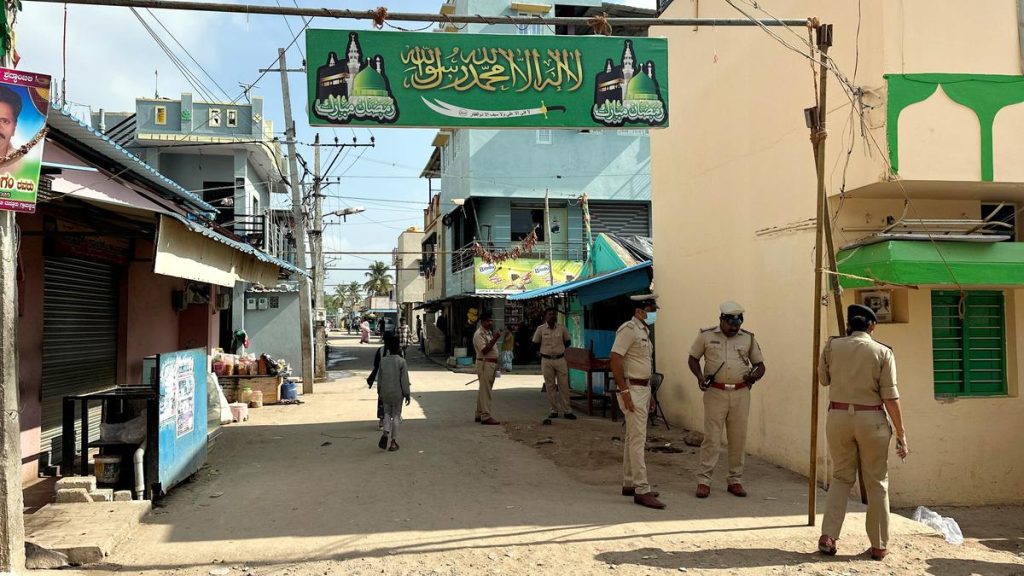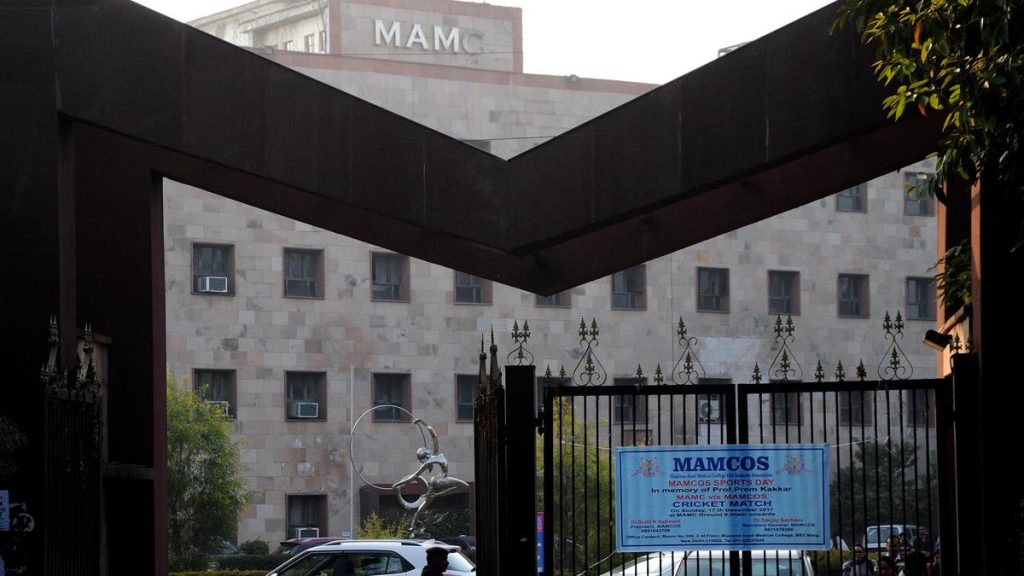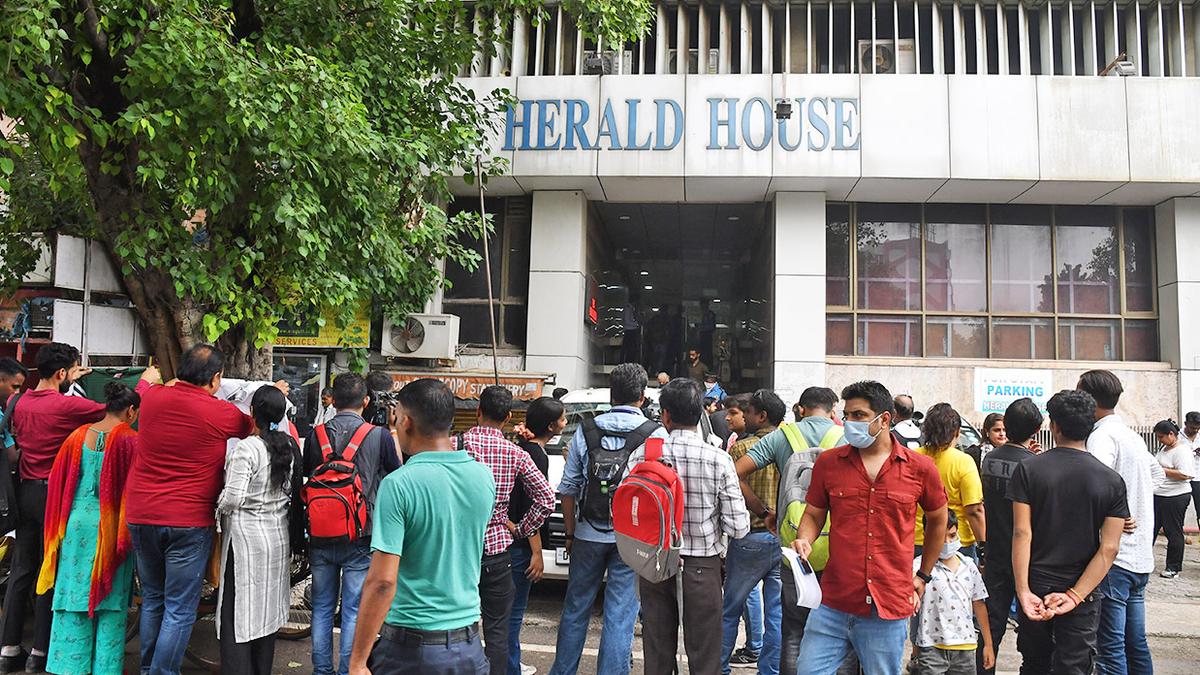Now Reading: Rights Panel Investigates Alleged Well Water Contamination Near Temple
-
01
Rights Panel Investigates Alleged Well Water Contamination Near Temple
Rights Panel Investigates Alleged Well Water Contamination Near Temple

Quick Summary
- Alleged contamination of well water near Thiruvarinikkulam Devi Temple during the Nadathurappu festival has raised concerns among local residents.
- State Human Rights Commission intervened, led by Chairperson Alexander Thomas.
- The Pollution Control Board (PCB) and temple committee assured permanent resolution through a new waste treatment plant at the temple, currently under growth.
- Sreemoolanagaram panchayat secretary directed to test nearby well water after the plant becomes operational; petitioner Sujikumar had filed complaints about pollution in his well water.
- Kochi Sub-Collector’s report indicated construction of a 6-lakh liter wastewater storage tank and emergency measures for pollution control.
- PCB mandated treated wastewater be used for agriculture, stressing compliance with Board regulations before permitting plant operations.
- The effectiveness of the waste treatment infrastructure will be evaluated after full-scale testing during the 2026 festival.
- State Human Rights Commission scheduled further hearings in September; petitioner and officials instructed to attend.
Indian Opinion Analysis
Water contamination near religious sites can pose notable environmental and public health challenges while perhaps impacting community trust regarding cultural events. In this case, proactive steps are being taken to resolve long-standing issues tied to the Nadathurappu festival via infrastructural improvements like wastewater treatment facilities.
The involvement of multiple bodies-State Human Rights Commission, PCB, Kochi Devaswom Board-shows an integrated approach to environmental management. Full-scale assessment following guidelines during future festivals could ensure sustainable practices that address health concerns without compromising traditional events.
The outcome is also significant as it highlights evolving expectations around accountability from organizations managing large gatherings in India to balance tradition with modern sustainability standards.

























